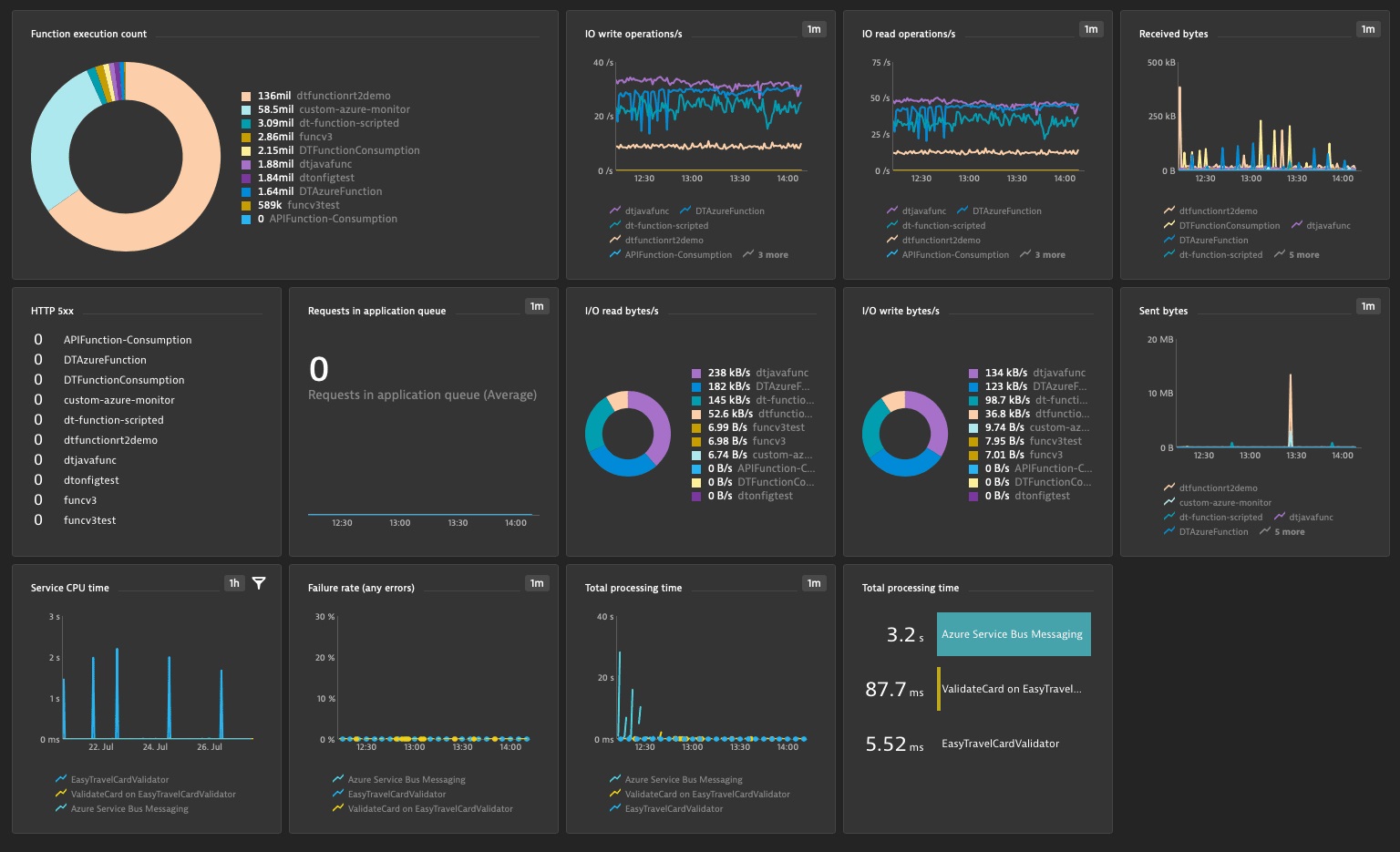Azure DevOps is a product developed by Microsoft corporation for software development and deployment. It improves planning accuracy, collaboration productivity, and solution delivery speed with a set of modern development services. Azure DevOps Services is a hosted version of Azure DevOps Server, and you can find support for managing releases on both cloud and on-premises versions.
Use all or choose separate Azure DevOps Services you need to complement the existing processes
Azure Boards:
These are potent instruments for workflow control and management, which allow for planning, tracking, and discussing the tasks with your team. Azure boards provide flexible complex monitoring of working processes and elements irrespectively of their scale with the help of Kanban boards, work progress logs, dashboards, and customizable reports.
The visual monitoring tools will help monitor the progress of any active task and share the history of success with the rest of the team. The indicated status of the job (active, resolved, closed, and backlog) will help to adjust the working process in correspondence with the history of completed tasks.
Azure boards are also helpful for successful communication inside the team as the built-in social tools store the whole item-related history. The platform provides up to 60 MB of cloud space to store information (attachments, descriptions, links) that may be useful for team members.
You can also group the issues, add epic or features, define the user stories, track the bugs, and generate meaningful reports to increase work efficiency.
Azure Test Plans:
You can develop, test, and run solutions using the CI/CD pipeline. It supports many languages, clouds, and platforms. You can also connect to GitHub and work continuously on your deployment. To build the app, you can use Java, Node.js, Python, PHP, Ruby, C/C++, or.NET. Moreover, you have two options to define pipeline: YAML syntax or the classic user interface. Azure Pipelines service offers Continuous Integration (CI) and Continuous Delivery (CD) to automate tests and builds and accelerate the deployment processes.
Pipelines offer the following features:
- Agents
- Artifacts
- Caching
- Conditions
- Container jobs
- Dependencies
- Deployment group jobs
- Gates
- Service Connections
- Templates
- Triggers
- Variables, etc.
You can enjoy the benefits of any of them if you choose YAML to define pipeline. Consisting of one or multiple stages, the pipeline can deploy in one or several environments. In such a way, you can organize the job irrespectively to the number of stages each of it includes. The job may also have or have no agent to run a single or multi-staged job. You may also run a scheduled time using the Trigger feature. Using Azure Pipelines will help automate the build and deployment processes of web and classic mobile apps.
Azure Pipelines:
The service allows you to run software tests and provide reliable solutions with the random and manual test toolkit to improve the quality of your apps. It will help to collect the complex data scenario to find and fix the highlighted defects. You can perform testing on desktop or web applications.
Azure Test Plans allow planning, performing, and tracking script-based tests, registering, and obtaining end-to-end tracing data. The service will help to track the quality assessment throughout the development lifecycle.
Random testing with Azure Test Plans gives a possibility to design and run tests simultaneously using exploratory testing sessions to maximize the quality of modern software development.
Azure Artifacts:
The service allows creating, publishing, and consuming NuGet, Maven, Python, and npm packages together with your team. Using Azure artifacts, you can:
- Provide access to the code to small or large users groups
- Manage any type of packages
- Add packages to any of the pipelines
The service functions allow you to set up automatic publication or deletion of old package versions using the retention policies. You can also provide or limit the users’ access to get notifications and see the released package versions. To highlight the latest version you want to share with others, there is an option to add a badge. It gets much easier to simplify complex build jobs with Artifacts.
Features of Azure DevOps Services:
- Approval Workflow
- Dashboard
- Portfolio Management
- Prioritization
- Release Management
- Troubleshooting Reports
Azure DevOps services provide multiple unique tools to improve the quality of apps and save time for planning and development. Workflow management, testing, and other software development processes become easier and faster with Azure Boards, Azure Pipelines, Azure Test Plans, Azure Repos, and Azure Artifacts. Unleash the potential of your team and boost the efficiency with Azure DevOps end-to-end automation.
With this service, you will get unlimited hosting options in a private Git repository and support for Team Foundation source control at scale from a hobbyist project to the world's largest repository.
Azure Repos provides support for any Git client. You can securely connect to and push code to Git repositories from any IDE, editor, or Git client. The service also provides a semantic search in code feature to quickly find the elements you need with a code-aware search that recognizes classes and variables.
The service supports the centralized version control system, where you can create the project, choose the workplace, and share the code for collaboration to improve the code.
Choose EXB Soft
EXB Soft is a web and mobile software development company committed to providing high-quality services from the start of product development to its quality assurance. What makes us especially relevant to this discussion is our experience developing an online banking system for small and medium enterprises.
F.A.Q
Azure DevOps is a product developed by Microsoft for software development and deployment. It enhances planning accuracy, collaboration productivity, and solution delivery speed with modern development services. Azure DevOps Services is the hosted version of Azure DevOps Server, supporting release management for both cloud and on-premises versions.
Azure Boards are powerful tools for workflow control and management, enabling planning, tracking, and discussion of tasks. They provide flexible monitoring through Kanban boards, work progress logs, dashboards, and customizable reports. Azure Boards also facilitate team communication and store item-related histories.
Azure Pipelines provide Continuous Integration (CI) and Continuous Delivery (CD) for automating tests and builds. Features include agents, artifacts, caching, conditions, container jobs, dependencies, deployment group jobs, gates, service connections, templates, triggers, and variables. Pipelines support multiple languages, clouds, and platforms.
Azure Test Plans allow for planning, performing, and tracking script-based tests. They support random and manual testing to improve app quality, collecting complex data scenarios to find and fix defects. Azure Test Plans provide end-to-end tracing and quality assessment throughout the development lifecycle.
Azure Artifacts enables the creation, publishing, and consumption of packages such as NuGet, Maven, Python, and npm. It supports package management, automatic publication or deletion of old versions, user access management, and integrates packages into pipelines. Artifacts simplify complex build jobs.
Azure Repos provides unlimited hosting options in a private Git repository and supports Team Foundation source control. It allows secure connections to Git repositories from any IDE, editor, or Git client, and offers semantic search in code to quickly find elements using a code-aware search that recognizes classes and variables.
Azure DevOps Services offer workflow management, testing, and other software development tools that improve app quality and save time. Key features include approval workflow, dashboard, portfolio management, prioritization, release management, and troubleshooting reports. These services enable end-to-end automation and boost team efficiency.
EXB Soft is a web and mobile software development company with expertise in Azure DevOps. We offer high-quality services from product development to quality assurance, including the development of online banking systems for small and medium enterprises. Our experience ensures efficient use of Azure DevOps for project success.



